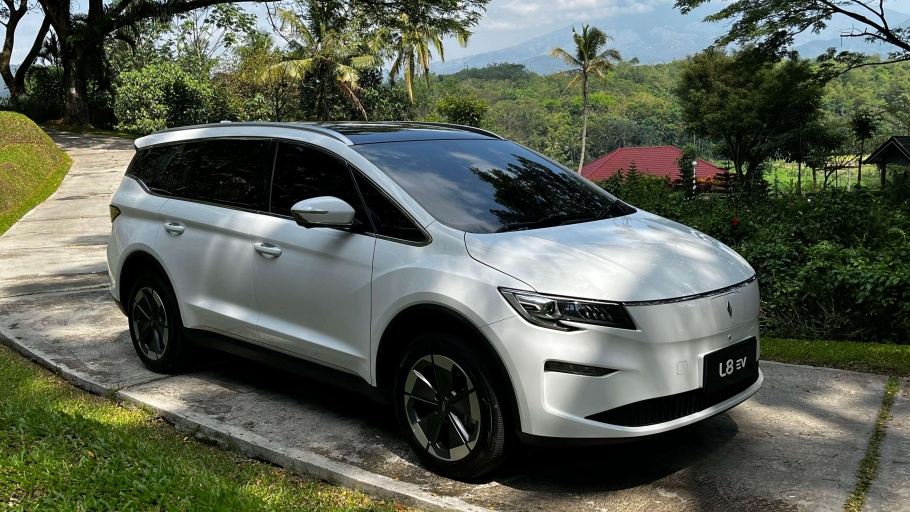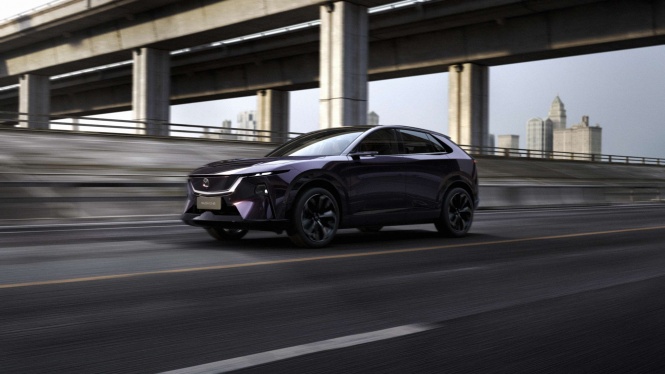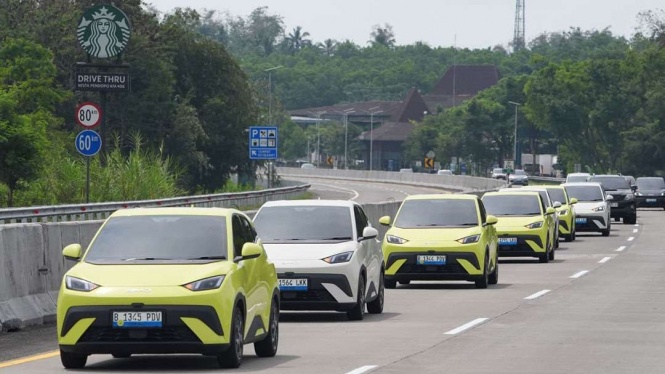Tesla Model S and X Production Halted, Elon Musk Opts to Build Robots
01 February 2026, 09:00 WIB
Government incentives or subsidies play a crucial role in boosting electric car sales.

KatadataOTO – Sales of electric cars apparently still rely on incentives to attract consumers. Not only in Indonesia, this also applies in other countries, including the United States.
Without government subsidies, the survey institute J.D. Power predicts electric car sales in October will plummet by 60 percent compared to September.
This decline is a result of the discontinuation of incentives from the United States government.
It should be noted that previously, the government's electric car incentive was worth 7,500 USD or about Rp 124.5 million in rupiah.

Used electric cars also received a share with a value of 4,000 USD (Rp 66.4 million).
Retail sales of electric cars in the US as of October 2025 are predicted to be 54,673 units, according to J.D. Power and GlobalData.
Although it seems quite high, that achievement is down 43.1 percent from US electric car retail sales in October 2024, which were 96,085 units.
“The automotive industry is going through a significant reconsideration (phase) in the electric vehicle segment,” said Tyson Jominy, a J.D. Power Data Analyst, as quoted by Carscoops on Tuesday (28/10).
He further explained that the absence of electric car incentives will have a very large impact on sales.
Then there is a change in consumer interest that has become apparent recently.
“The recent correction in the electric car market underscores one important lesson: consumers prefer to have many powertrain options,” said Jominy.
Along with the discontinuation of incentives and a decrease in buyers, the price of electric cars in general is actually said to often experience increases.
However, various brands are trying to provide their own discounts to consumers, making the offered electric car prices more attractive.
In Indonesia, electric cars that meet the minimum 40 percent Local Component Level (TKDN) requirement still receive tax incentives from the government.
Even with incentives, electric car sales cannot be said to be stable and often experience declines.

Especially with the variety of hybrid car models offered in Indonesia. Consumers are presented with various flexible options that do not fully rely on charging infrastructure.
On the other hand, incentives for imported electric cars will be stopped at the end of 2025. This also applies to the best-selling electric car brand in the country, namely BYD.
This means BYD needs to start assembling its cars locally in 2026. If not, their product prices could potentially increase and their bank guarantee will be forfeited.
Related Articles
01 February 2026, 09:00 WIB
31 January 2026, 19:00 WIB
31 January 2026, 15:00 WIB
30 January 2026, 19:00 WIB
30 January 2026, 18:00 WIB
Latest
02 February 2026, 10:00 WIB
Sales are trailing competitors, and MG declined to elaborate on its sales target for 2026.
02 February 2026, 09:00 WIB
Chery hybrid cars offer more benefits to consumers in Indonesia, making them a popular choice.
02 February 2026, 08:00 WIB
The Police launched Operation Keselamatan Jaya 2026 to curb the number of accidents and traffic violations on the roads.
02 February 2026, 07:00 WIB
Yamaha is confident that the target set by AISI can be achieved this year, with several conditions.
01 February 2026, 17:17 WIB
Toyota FT 86, Vespa Corsa 125, and Toyota Alphard are three of Reza Arap's many vehicles.
01 February 2026, 15:00 WIB
Shell, BP AKR, and Vivo lowered fuel prices for the February 2026 period by varying amounts.
01 February 2026, 13:00 WIB
Toyota Motor Corporation is paying closer attention to its sales in Indonesia, which have significantly declined.
01 February 2026, 11:00 WIB
Toyota group sales break a new record and become the world's best-selling manufacturer in 2025, surpassing Volkswagen.